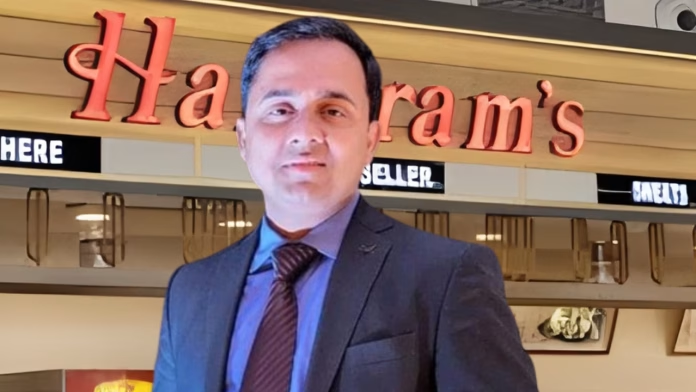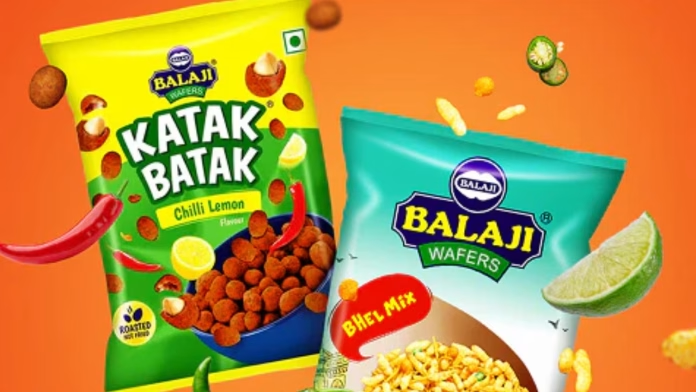Andhra-focused quick service restaurant chain Babai Tiffins has raised Rs 10.5 crore in funding through the entrepreneur-led television platform Bharat Ke Super Founders, hosted by actor and investor Suniel Shetty. The funding comprises Rs 8 crore in equity for a 10% stake and Rs 2.5 crore in debt, providing the brand with growth capital as it looks to expand its organised presence in the regional Indian food segment.
Founded in 2021, Babai Tiffins is building a structured QSR model around authentic Andhra-style cuisine, a category that remains largely dominated by unorganised eateries. The startup positions itself as a scalable alternative to traditional outlets, often describing its ambition as becoming the Rameshwaram Cafe equivalent for Andhra food. Its menu focuses on familiar, everyday dishes tailored for consistency, speed and repeat consumption.
Currently, the brand operates three outlets in Bengaluru, a market it sees as a strong testing ground due to its diverse consumer base and high acceptance of regional formats. Over the next 18 months, Babai Tiffins plans to double its footprint to six locations, using the fresh capital to support outlet expansion, kitchen infrastructure and operational systems.
The company is led by co-founders Ravi and Shriram. Ravi’s background spans an agricultural upbringing, a corporate stint at Infosys and a transition into entrepreneurship, shaping the brand’s focus on process-led execution. The founders see the informal food economy as their primary competition and believe there is significant opportunity to formalise regional cuisines through standardisation and branding.
Bharat Ke Super Founders is positioned as a founder-first investment platform that blends capital with mentorship. Unlike traditional pitch shows, it emphasises business fundamentals such as scalability, operational depth and long-term value creation. Investments on the show include both equity and structured debt, aimed at supporting startups beyond early-stage visibility.
With this raise, Babai Tiffins joins a growing list of regional food brands seeking to build national relevance by bringing local flavours into organised formats.










